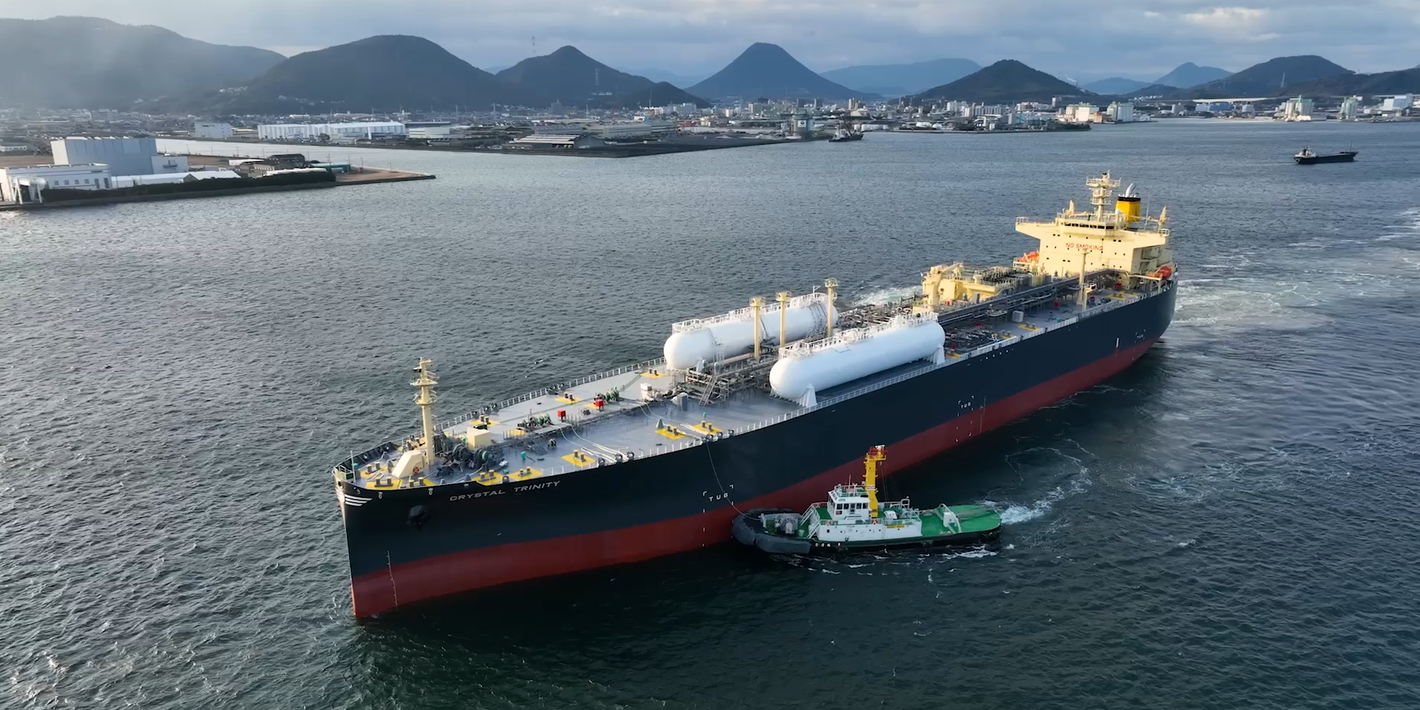Equinor joins the Mærsk Mc-Kinney Møller Center for Zero Carbon Shipping

The Mærsk Mc-Kinney Møller Center for Zero Carbon Shipping today welcomed Equinor as a Strategic Partner, committing to a long-term strategic collaboration and contribution to the development of zero carbon technologies and solutions for the maritime industry.
The multinational energy company brings extensive experience in large scale production and transport of maritime fuels and will contribute with valuable expertise in key areas like safety in operation and design, carbon capture storage design and operation, and renewable energy integration including floating wind technology.

Equinor is both a producer and a supplier of fuel to the maritime sector and has worked systematically on reducing its carbon intensity by developing new types of vessels and using alternative fuels.
In welcoming Equinor to the Center, CEO Bo Cerup-Simonsen said:
“This partnership has huge potential. As a major producer of maritime fuels and maritime player, Equinor has invaluable knowhow and has already shown enormous energy and willingness to accelerate the transition with promising projects. This is the mentality we need, and we are looking very much forward seeing the synergies we can create together.”
In joining the Center, Equinor’s vice president of Shipping, Heidi Aakre, said:

“We are very pleased in joining the Mærsk Mc-Kinney Møller Center for Zero Carbon Shipping. The Center is complementary to other initiatives and organizations we are engaged in. As a producer and user of maritime fuel, Equinor is working to decarbonize shipping. Together with the maritime industry, we will develop new solutions contributing to substantial emission reductions,” said Heidi Aakre, vice president for shipping in Equinor.
Shipping’s roadmap to decarbonization
With 100.000 ships consuming around 300 million metric tonnes of fuel p.a. global shipping accounts for around 3% of global carbon emissions, a share that is likely to increase as other industries tackle climate emissions in the coming decades.
Achieving the long-term target of decarbonization requires new fuel types and a systemic change within the industry. Shipping is a globally regulated industry, which provides an opportunity to secure broad-based industry adoption of new technology and fuels.
To accelerate the development of viable technologies a coordinated effort within applied research is needed across the entire supply chain.
Industry leaders play a critical role in ensuring that laboratory research is successfully matured to scalable solutions matching the needs of industry. At the same time, new legislation will be required to enable the transition towards decarbonization.
Latest news

Announcement of cash dividend of NOK 3.5249 per share for third quarter 2025
Equinor ASA announced on 29 October 2025 a cash dividend per share of USD 0.37 for third quarter 2025.

Ex. dividend third quarter 2025
The shares in Equinor ASA will be traded on the Oslo Stock Exchange (OSE) and New York Stock Exchange (NYSE) exclusive the third quarter 2025 cash dividend as detailed below.

Buy-back of shares to share programmes for employees
Equinor ASA has on 4 February 2026 engaged a third party to conduct repurchases of the company's shares to be used in the share-based incentive plans for employees and management for the period from 13 February 2026 until 15 January 2027.